How the National Lottery turned Team GB into world-beaters
Public money has transformed the 'dedicated amateurs' of Atlanta into an ultra-professional outfit
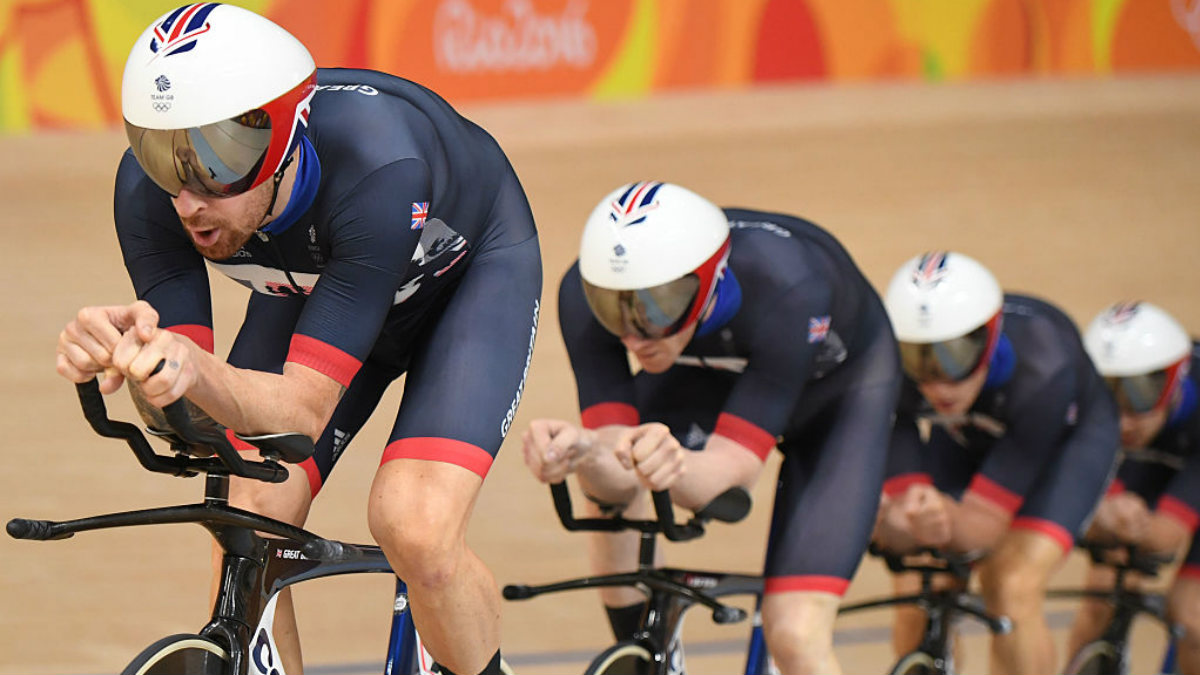
A free daily email with the biggest news stories of the day – and the best features from TheWeek.com
You are now subscribed
Your newsletter sign-up was successful
As the dust settles on a spectacular Olympics for Team GB, much of the focus has turned to how the UK has transformed itself from a nation of alsorans in 1996 into a sporting superpower just 20 years later.
At the Atlanta Games, Team GB managed just one gold medal, won by Steve Redgrave and Matthew Pinsent, and finished 36th in the medal table behind the likes of Ireland, New Zealand, Bulgaria and Cuba. The UK won the same number of medals (15) as Belarus and finished above them by dint of earning more silvers.
In Rio, however, Team GB won 67 medals, 27 of them gold, and became the first country to ever improve on its medal tally after hosting the Games.
The Week
Escape your echo chamber. Get the facts behind the news, plus analysis from multiple perspectives.

Sign up for The Week's Free Newsletters
From our morning news briefing to a weekly Good News Newsletter, get the best of The Week delivered directly to your inbox.
From our morning news briefing to a weekly Good News Newsletter, get the best of The Week delivered directly to your inbox.
Our athletes triumphed across 15 sports, a feat matched by no other country, and the government has hinted at a flood of honours for the successful competitors and coaches who have turned Rio into such a success.
But there are unexpected consequences. "An Olympic gold medal was once a British athlete's passport to untold riches." says the Daily Telegraph. "But one of the downsides of Great Britain's unprecedented success at the Rio Games is that many of their returning heroes will struggle to cash in on their success."
Branding expert Nigel Currie warns: "One of the consequences of having 40 people leaving a Games as champions is that many athletes whose exploits, in the past, may have set them up for life will struggle to make money off the back of them."
Redgrave and Pinsent were knighted for their efforts in 1996; two decades on and most people would struggle to name or recognise some of Team GB's gold medallists.
A free daily email with the biggest news stories of the day – and the best features from TheWeek.com
Even before the Games, long-jumper Greg Rutherford was offered reduced terms by his sponsor, Nike. He could only win bronze at Rio after taking gold in London. No wonder he appeared crestfallen afterwards.
Despite that, UK athletes have never had it so good, thanks to funding from the National Lottery, the bedrock on which Team GB's success has been built, says Tom Fordyce of the BBC.
"The advent of the National Lottery in 1994, and the decision of John Major's struggling government to allocate significant streams of its revenue to elite Olympic sport, set in motion a funding spree unprecedented in British sport," he explains.
"From just £5m per year before Atlanta, UK Sport's spending leapt to £54m by Sydney 2000, where Britain won 28 medals to leap to tenth on the medal table. By the time of London 2012 - third in the medal table, 65 medals - that had climbed to £264m. Between 2013 and 2017, almost £350m in public funds will have been lavished on Olympic and Paralympic sports.
"It has reinvigorated some sports and altered others beyond recognition."
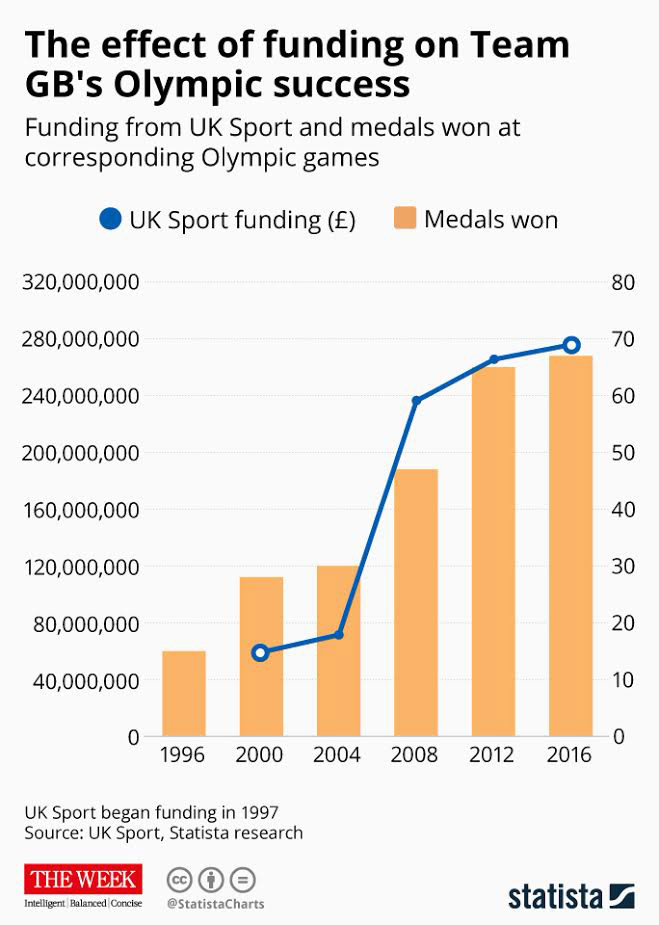
The "dedicated amateurs" of 1996 are long gone, says the Daily Telegraph, which puts the funding figure even higher: "Since London 2012, Olympic sports have received a total of £274m in Lottery funding, with around half as much again coming from the Treasury as grants. Elite athletes earn a maximum of £28,000 tax free, which is means-tested if their income rises above £65,000 through sponsorship and endorsements."
But it is not just the athletes to benefit. "Full-time coaching and an array of support staff are still pushing the standards up in every small detail," says the Daily Mail. "Rowing boats cost £30,000 and bikes £10,000. But the preparations go further than buying top equipment.
"For example, the golden sailors, Giles Scott and Saskia Clark and Hannah Mills, had spent 150 days preparing in situ on Guanabara Bay, leaving no tide unturned."
Cycling is another example, with the Wall Street Journal saying: "British cyclists are the best-funded in the sport. Over the past four-year cycle, their budget exceeded $32m [£24m]."
"The US meanwhile, spends around $1m a year on track cycling, according to USA Cycling, with the bulk of it focused on its women's pursuit team. [In Rio] Great Britain beat the Americans in the women's team pursuit final by two seconds," it adds.
But the flip side is increased competition between sports. The UK's swimmers failed to achieve their medal target at London 2012 and suffered brutal funding cuts as a result. The team was able to respond and got back on track with six medals in Rio. Others have not been so lucky. Funding for volleyball, wrestling and table tennis was cut after 2012 and Team GB did not send a volleyball team or any wrestlers to Brazil. Three table tennis players went, but did not win a medal.
"Some critics, however, say UK Sport's approach has gone too far and is damaging grassroots sport," says The Guardian. "They have argued that focusing disproportionately on sports such as cycling, sailing and rowing has meant those such as basketball risk withering because they were unable to demonstrate they would win a medal at either of the next two Olympics."
Infographic by statista.com for TheWeek.co.uk
-
 The 8 best TV shows of the 1960s
The 8 best TV shows of the 1960sThe standout shows of this decade take viewers from outer space to the Wild West
-
 Microdramas are booming
Microdramas are boomingUnder the radar Scroll to watch a whole movie
-
 The Olympic timekeepers keeping the Games on track
The Olympic timekeepers keeping the Games on trackUnder the Radar Swiss watchmaking giant Omega has been at the finish line of every Olympic Games for nearly 100 years
-
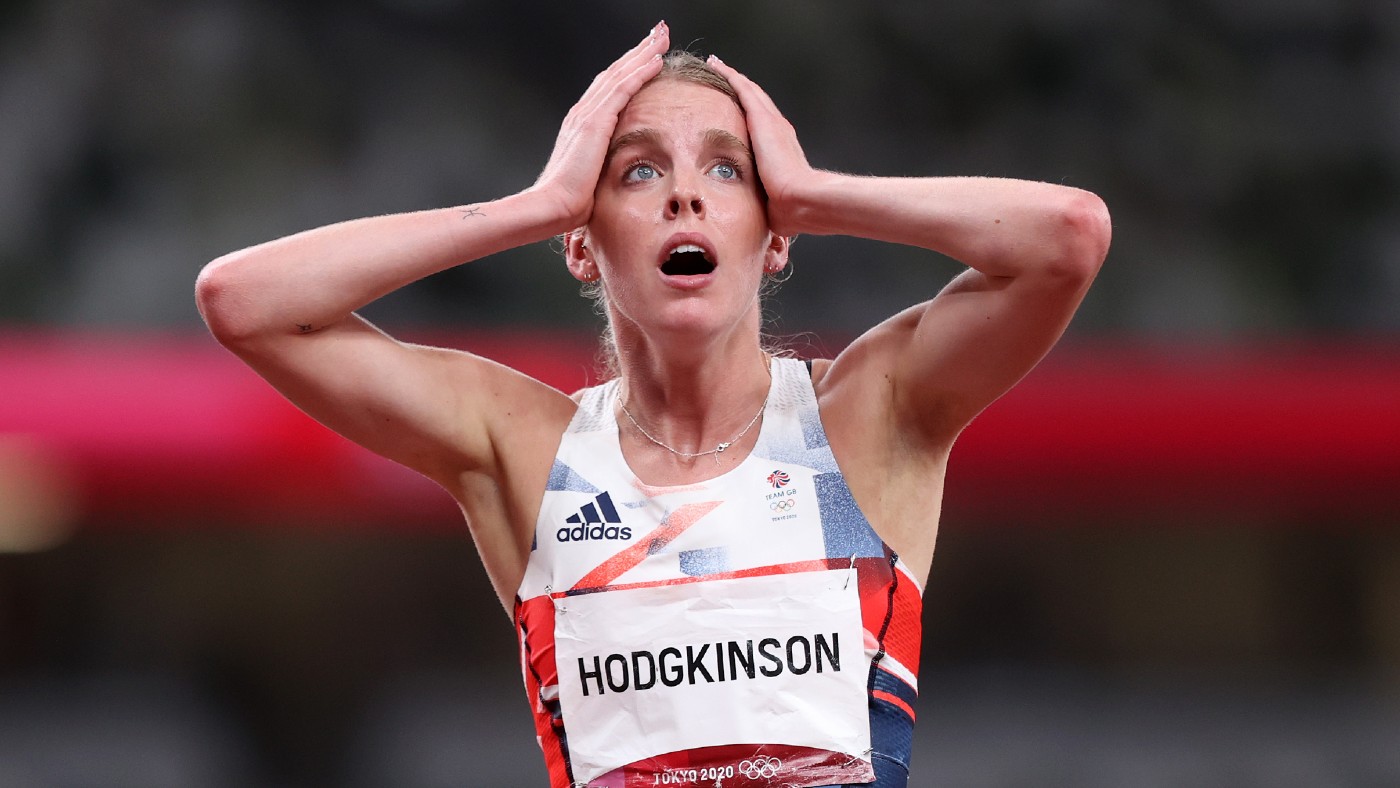 Gallery: Team GB medal hopes at the 2022 World Athletics Championships
Gallery: Team GB medal hopes at the 2022 World Athletics ChampionshipsIn the Spotlight The worlds get underway at Hayward Field in Eugene, Oregon
-
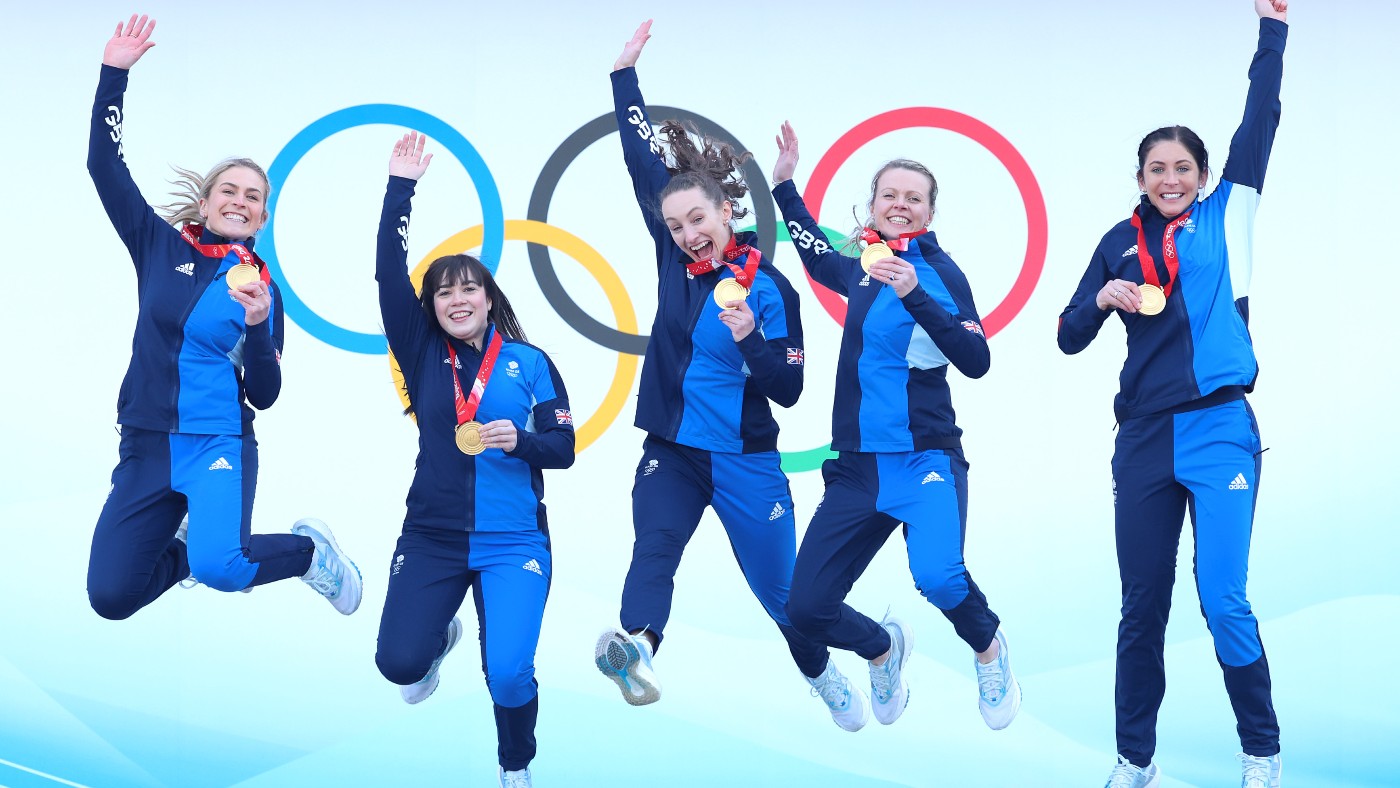 Winter Olympics: ‘disaster averted’ for Team GB as curling stars win medals
Winter Olympics: ‘disaster averted’ for Team GB as curling stars win medalsfeature Team GB finished a disappointing games with just two medals
-
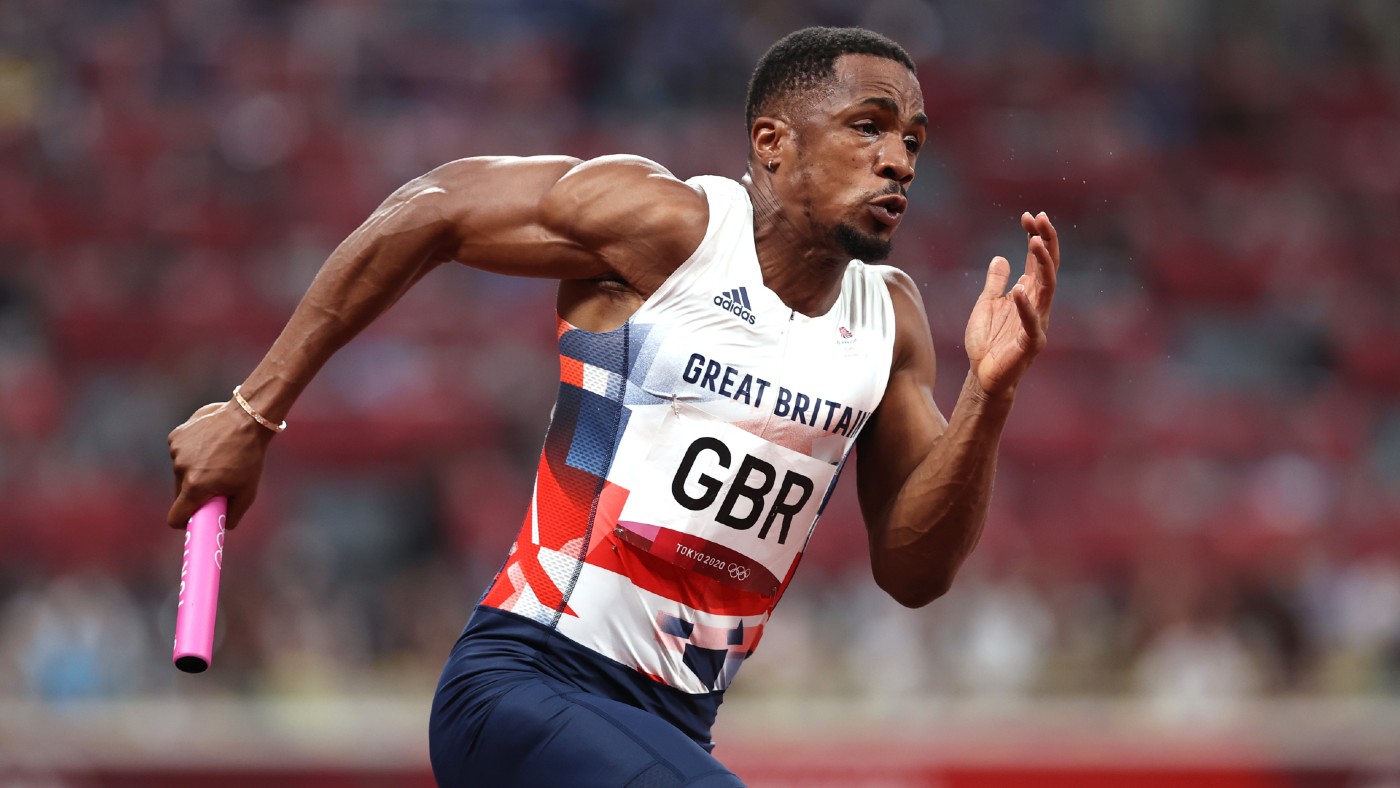 The scandal that could tarnish Team GB
The scandal that could tarnish Team GBfeature CJ Ujah protested his innocence after testing positive for two banned substances
-
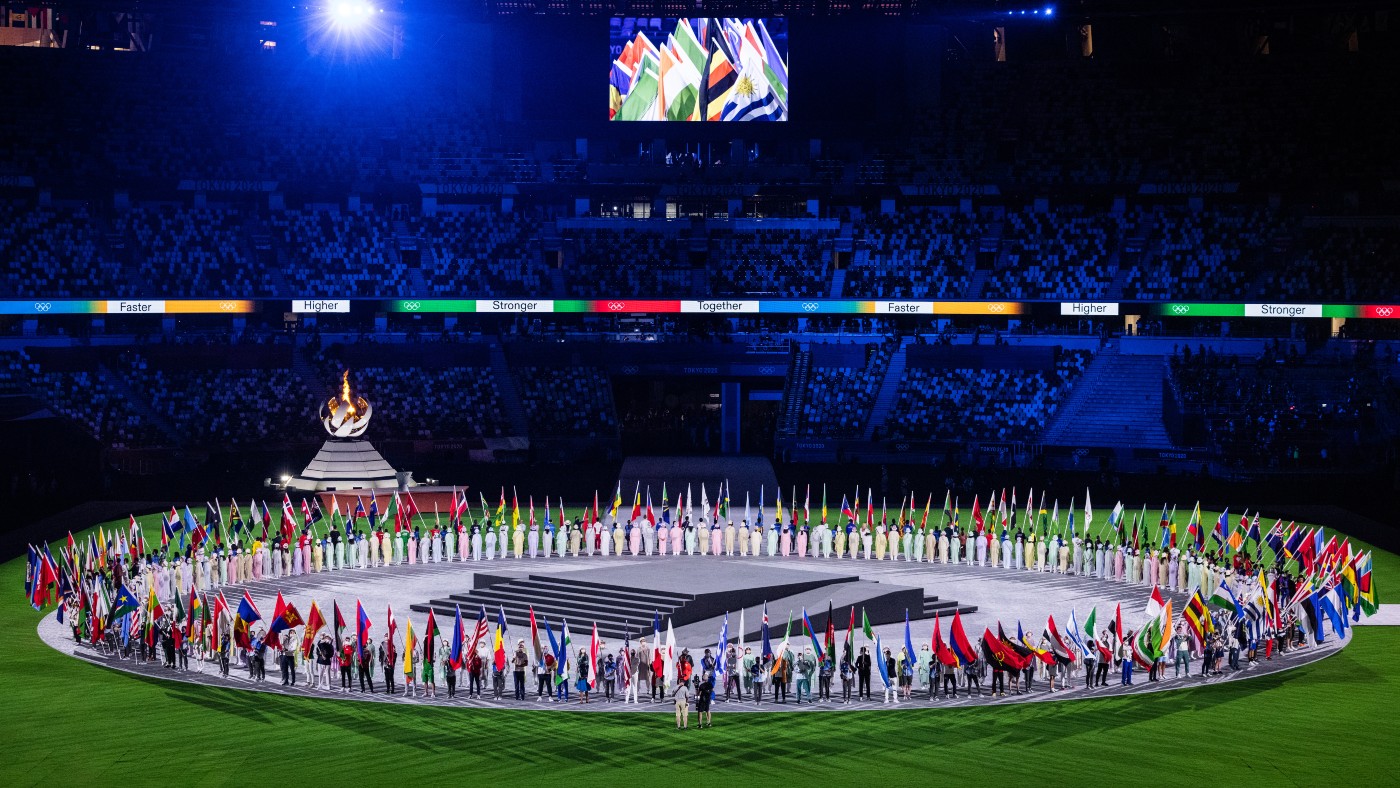 Tokyo’s ‘grand human opera’: a tonic for a weary world
Tokyo’s ‘grand human opera’: a tonic for a weary worldIn Depth Despite widespread ambivalence and fear, the Olympic Games managed to bring us together and lift our spirits
-
 Tokyo’s ‘grand human opera’: a tonic for a weary world
Tokyo’s ‘grand human opera’: a tonic for a weary worldIn Depth Despite widespread ambivalence and fear, the Olympic Games managed to bring us together and lift our spirits
-
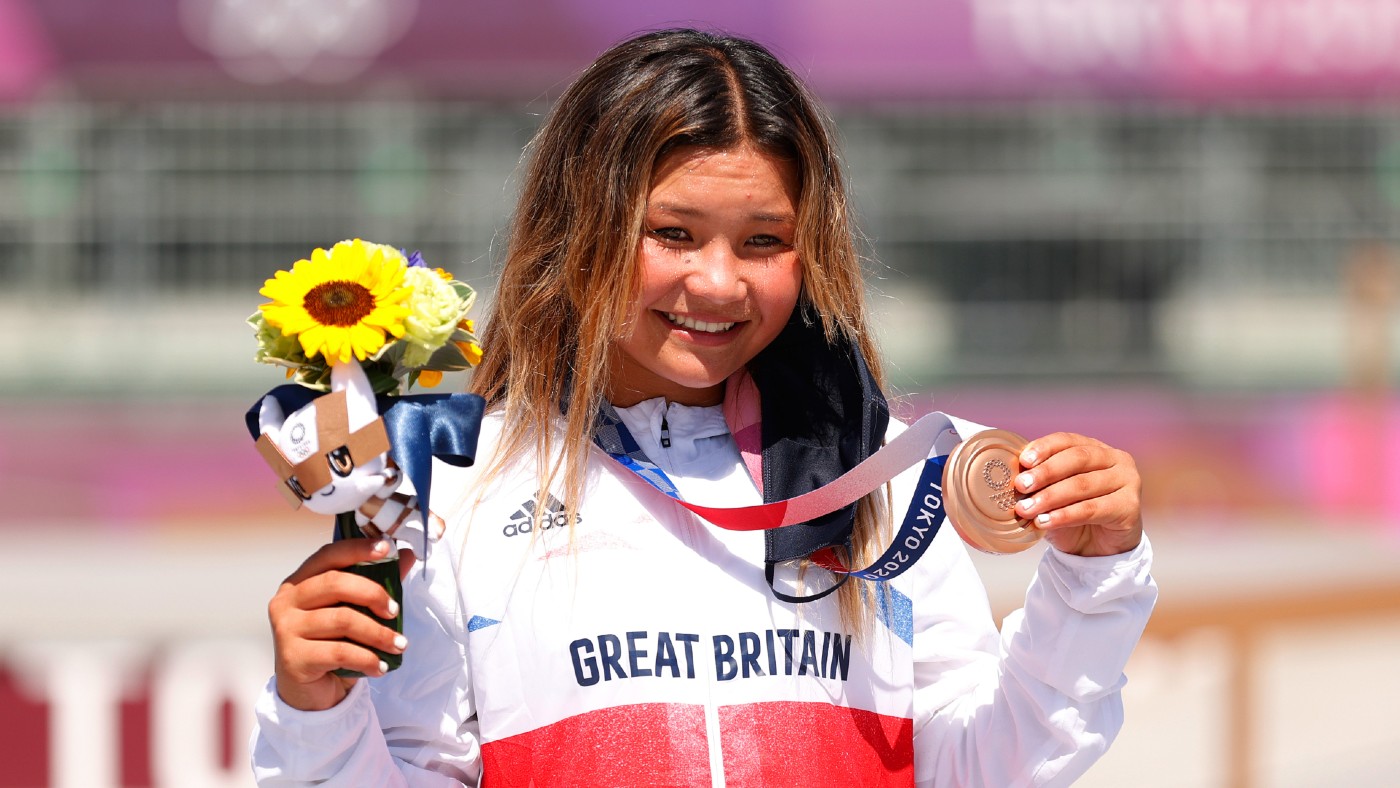 Sky Brown: ‘I’m so stoked - I really hope I inspire some girls’
Sky Brown: ‘I’m so stoked - I really hope I inspire some girls’In the Spotlight A year after a horror fall the skateboarder, 13, becomes Britain’s youngest Olympic medallist
-
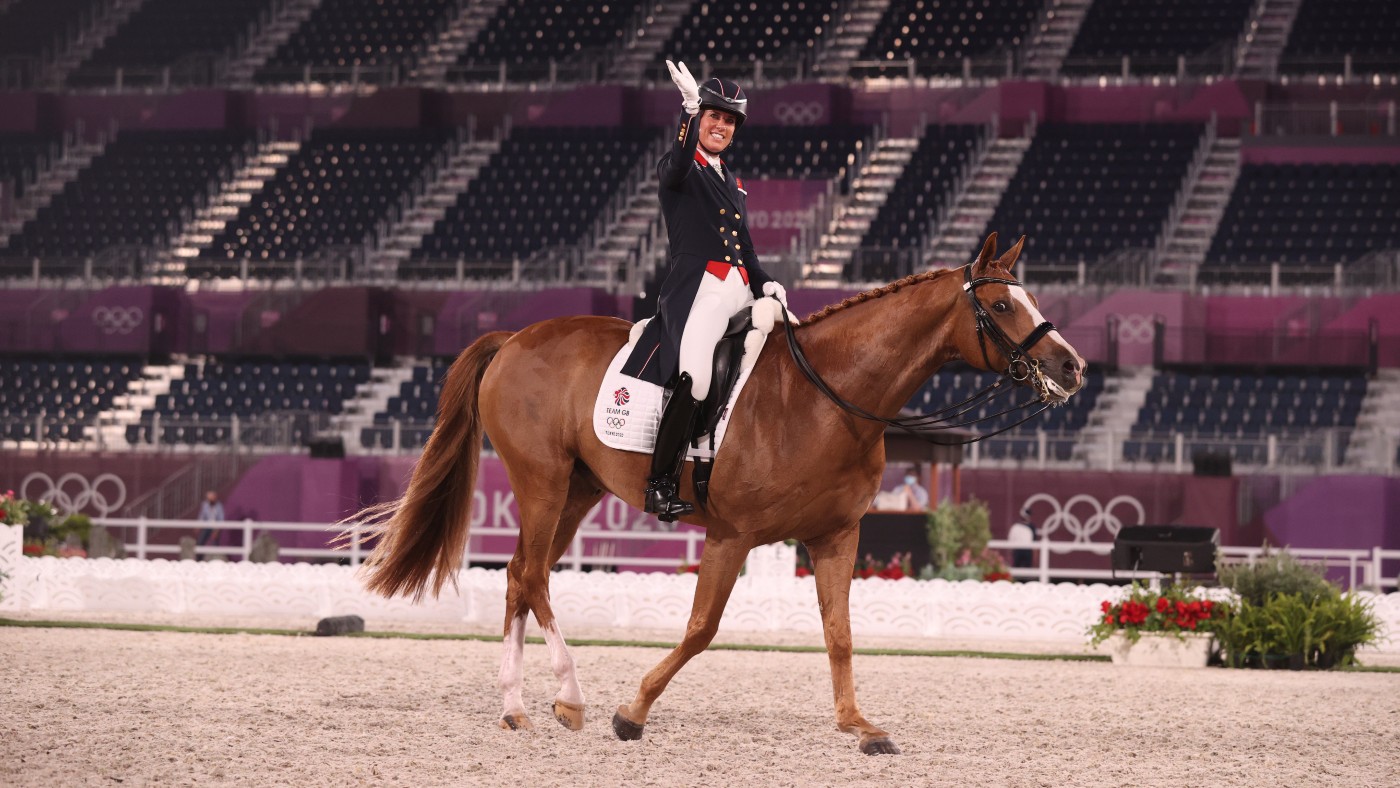 Bring on Paris: ‘so much more to come’ from Charlotte Dujardin and Gio
Bring on Paris: ‘so much more to come’ from Charlotte Dujardin and GioIn the Spotlight With two medals in Tokyo Dujardin is now Britain’s most decorated female Olympian
-
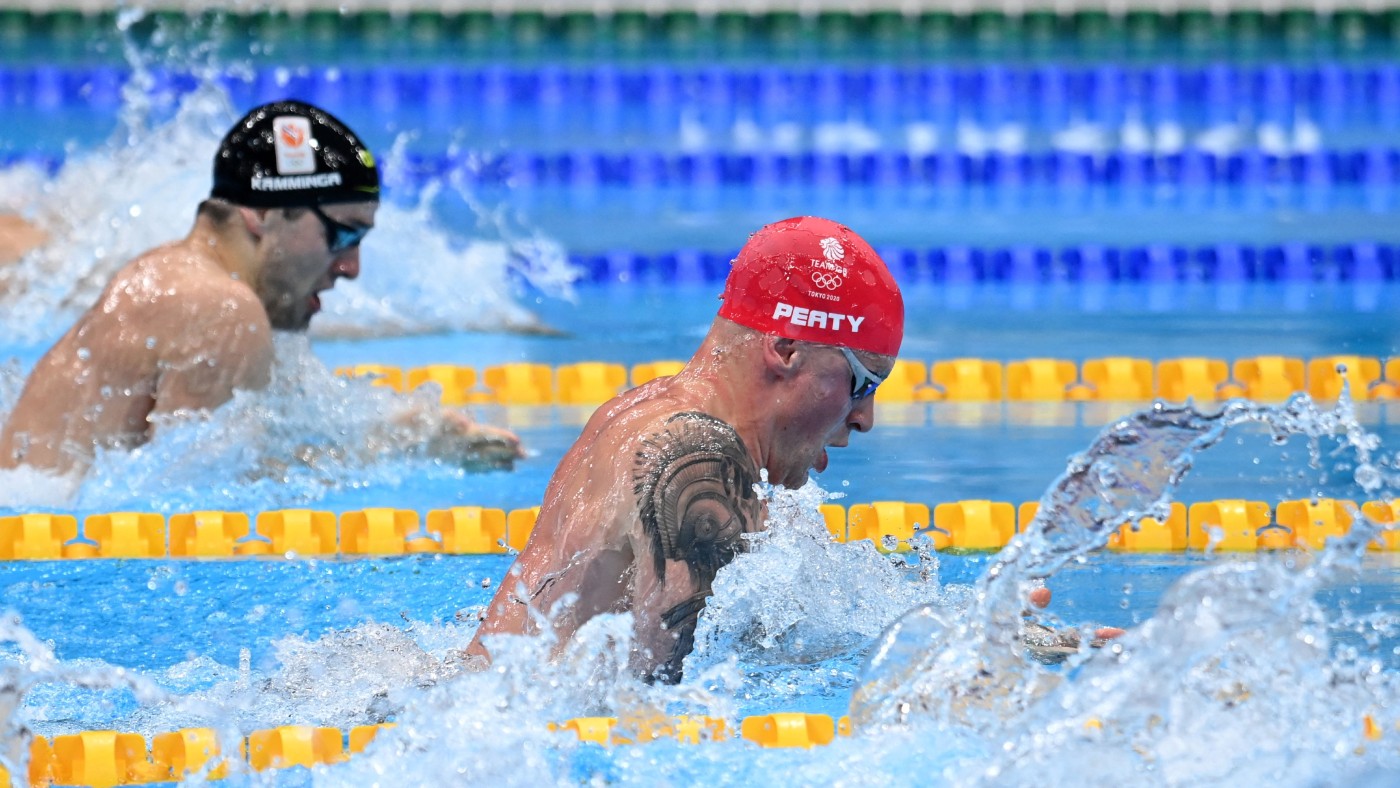 Pool party: golden ‘new era’ for British swimming
Pool party: golden ‘new era’ for British swimmingfeature Team GB swimmers made a splash at the Tokyo Olympics